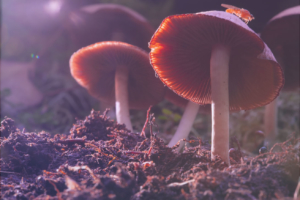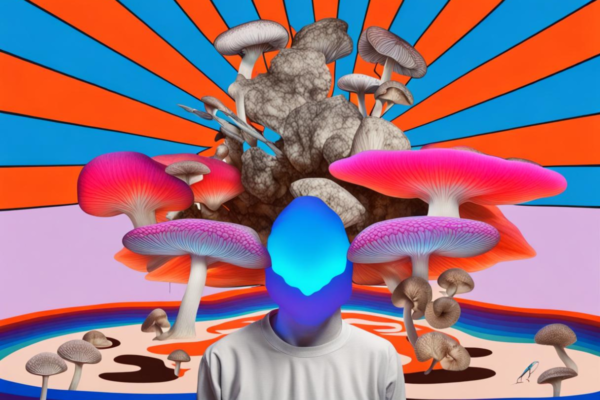
There is growing evidence that psychedelics could play a key role in tackling North America’s worsening opioid crisis, with a new study confirming psychedelic use is associated with reduced daily opioid use.
The Canadian study, which will be published in the International Journal of Drug Policy in February 2022 and was made available online last week, is the first longitudinal study to link psychedelic use with lower everyday opioid use.
Researchers found recent psychedelic use was associated with 55% reduced odds of daily opioid use.
While the benefits of psychedelics for treating substance use disorders and addiction have been demonstrated in controlled clinical environments, this has not been well studied in the context of naturalistic psychedelic use to date. “This study sought to investigate the possible relationships between recent naturalistic psychedelic use and subsequent daily illicit opioid use among people who use drugs,” the researchers explained.
Using data from 2006 to 2018 from three cohorts of people who use drugs in Vancouver, Canada, the researchers calculated the independent association between psychedelic use and subsequent daily opioid use. “After adjusting for a range of potential confounders, psychedelic use remained independently associated with a significantly reduced odds of subsequent daily opioid use,” they said.
While the researchers said that further studies were needed to understand the therapeutic potential of psychedelics, they concluded: “These findings align with growing evidence that psychedelic use may be associated with detectable reductions in subsequent substance use, including illicit opioid use.”
The misuse of and addiction to opioids — including prescription pain relievers, heroin, and synthetic opioids such as fentanyl — is a widespread and growing crisis in North America. Roughly 21 to 29% of patients prescribed opioids for chronic pain misuse these drugs, and in 2019 an estimated 10.1 million Americans aged 12 years and older had misused opioids within the past year.
Tragically, new data released today showed American overdose deaths reached a record high during the COVID-19 pandemic. More than 100,000 Americans died from drug overdoses in the yearlong period to April 2021, with synthetic opioids causing the vast majority of these deaths. This is up almost 30% from the 78,000 deaths recorded in the previous year. In Canada, there have been more than 9,000 apparent opioid related-deaths since 2016.
The economic burden of this crisis, including the cost of healthcare, lost productivity, addiction treatment, and law enforcement involvement, is calculated to be $78.5 billion a year in the United States and $3.5 billion in Canada.
Psychedelics have the potential to address this crisis in several ways. Psychedelic medicines may provide treatment alternatives to the prescription of opioid medications in the first place, with clinical trials demonstrating psychedelics’ therapeutic potential in treating a range of physical and mental health conditions ranging from Parkinson’s Disease to anxiety, depression, and suicidal ideation.
Further, psychedelics may be able to help a person overcome addiction, such as opioid addiction. Research in this area is ongoing, including a United Kingdom-based trial studying ibogaine’s potential to treat opioid addiction.





